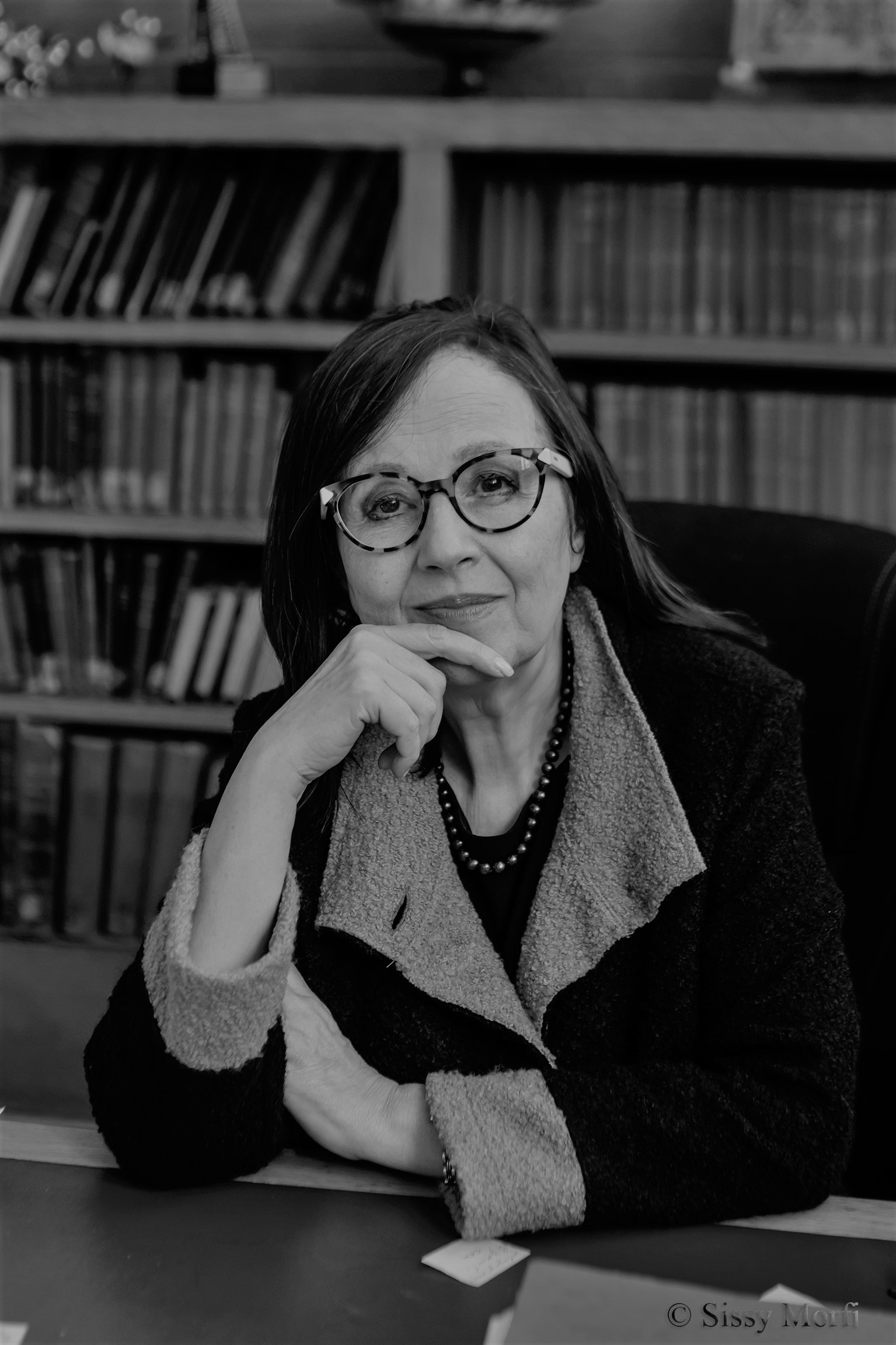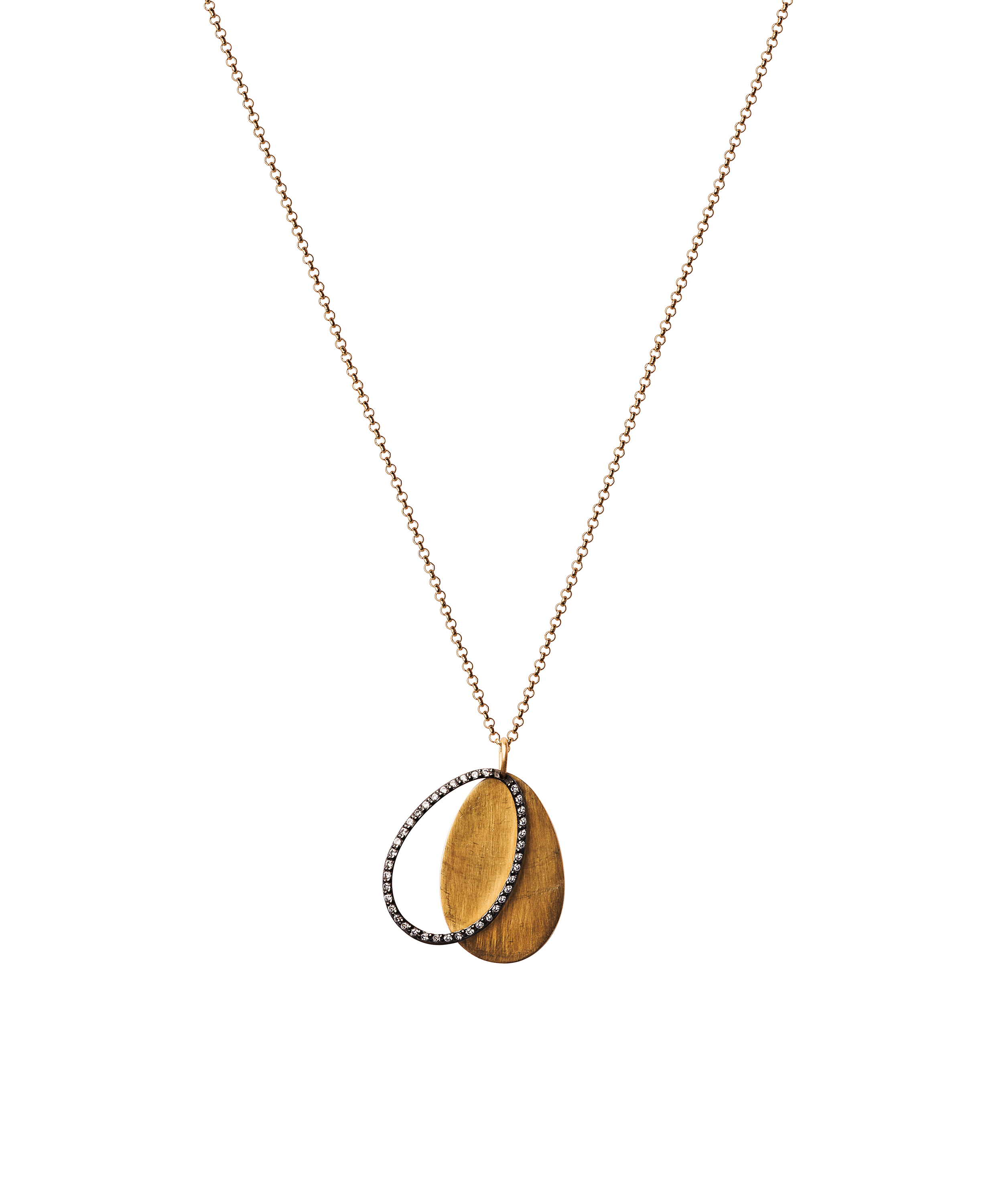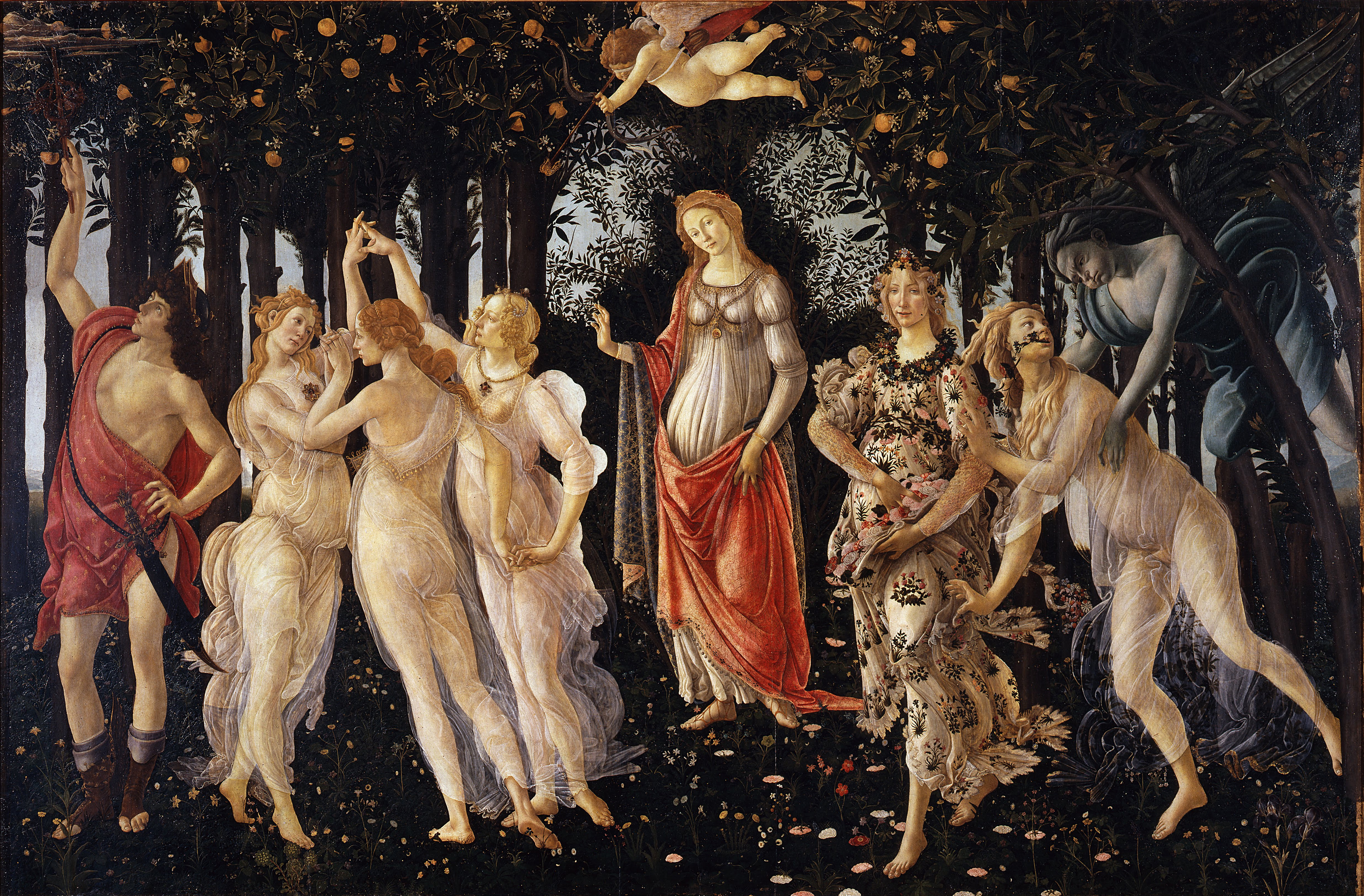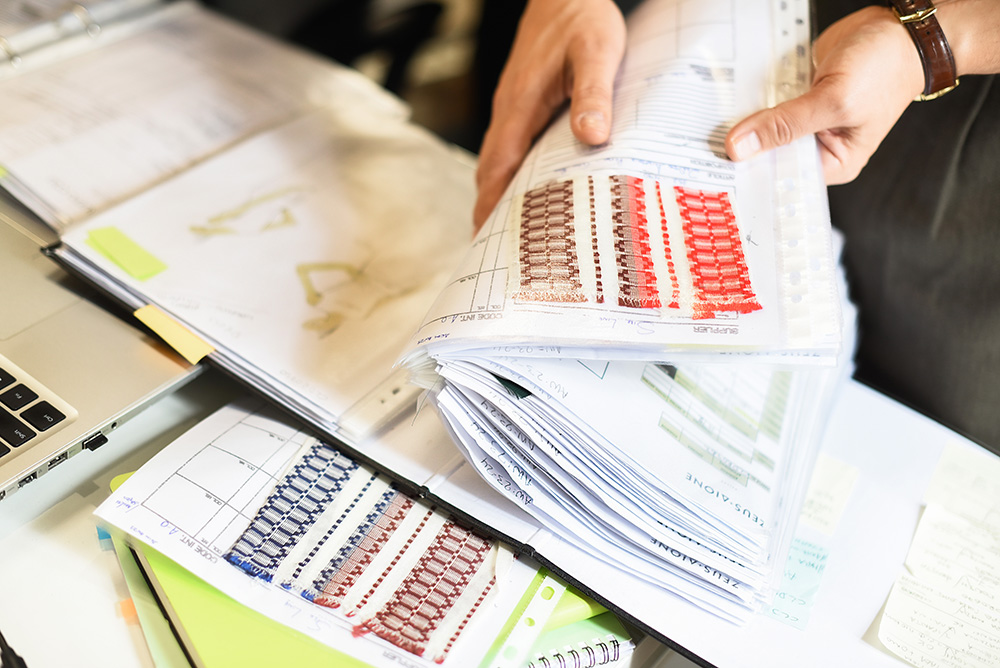Dr. Maria Lagogianni-Georgakarakos
This old saying means so much these days as every family, all over the world, tries to cope with the coronavirus pandemic. The place where we will always feel deep love and affection, calm and peace of mind, where we are now called to show our love for our fellow people, has been revered and held sacred since antiquity. Home is where the heart is...
It comes to no surprise that one of the most important deities of Ancient Greece was Hestia, goddess of the hearth, domesticity, and family. “A goddess as old as time and memory”, as archaeologist and Director of Athens' National Archaeological Museum Dr. Maria Lagogianni-Georgakarakos explains, “Hestia was revered like no other Olympian God”, worshiped as the protector of both domestic and public life. She personified the fire burning at the heart of every home but she was also a symbol of a harmonious community. “Every Greek city-state honored her, keeping the sacred flame alive on its altar”, for a city is nothing but an extended family. Hestia is described as a kind and forgiving goddess but at the same time strong and dynamic. According to Greek mythology, she bravely fought alongside her brothers Zeus and Poseidon against the Titans (including their father, Kronos, who had swallowed her and her siblings for fear one of them would dethrone him - but that’s another story for us to discover later).
So if you sometimes feel helpless stuck inside in your house as the current crisis unfolds, think of it as an act of braveness, as taking part in muffled combat to defend not just yourself and your family, but your community too.
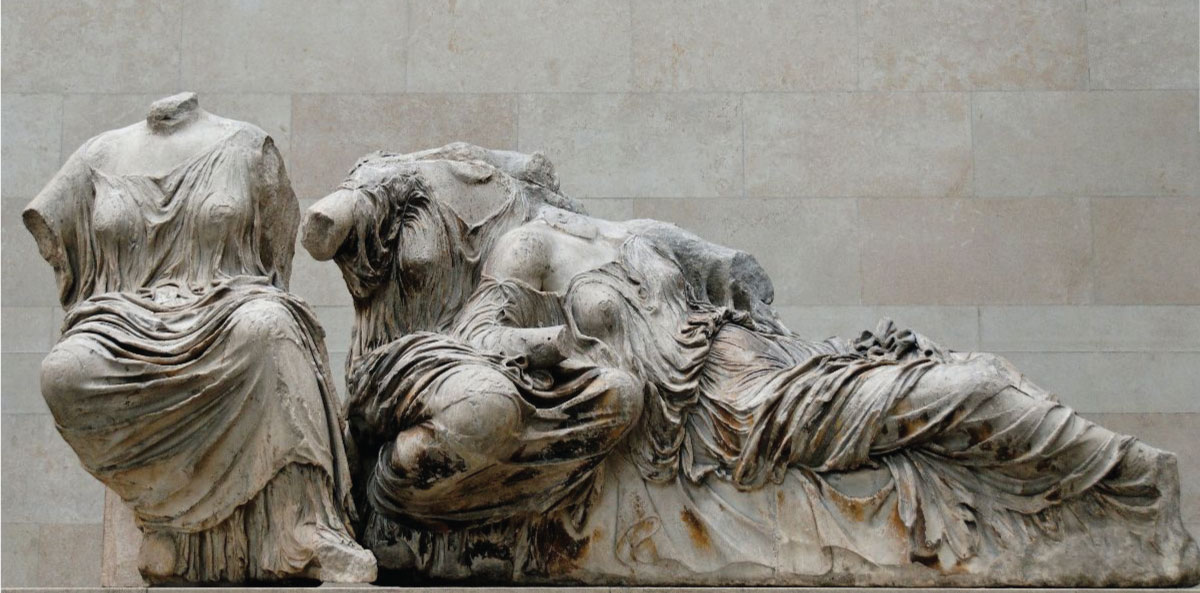
The director of the National Archeological Museum of Athens, Dr. Maria Lagogiannis gives her personal view on
Who invented Home?
According to Greek mythology, Hestia was the one who first conceived the idea of home, in order to protect humans from the dangers of nature.
What we can learn from centuries of human trials?
Now more than ever, it is important to re-evaluate that everything begins and ends at Home. It’s a unique opportunity to re-establish our connection with our loved ones and our families, and re-structure the extended symbolism of what we consider as home. Nowadays we mostly live our lives at a fast pace trying to manage multiple tasks,
deprived of our familiar center – which is our residence.
«Αφ΄ Εστίας άρχεσθαι»
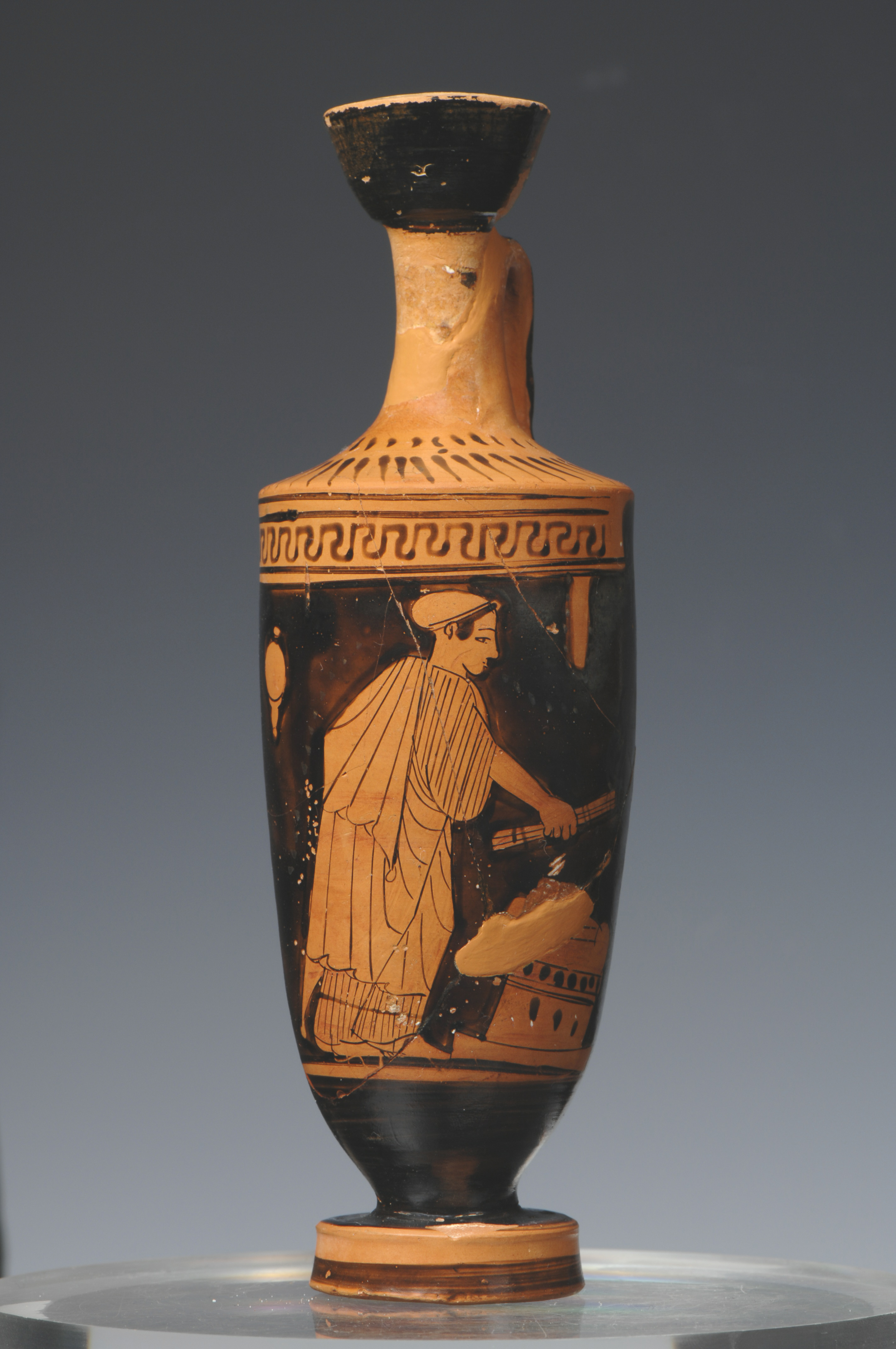
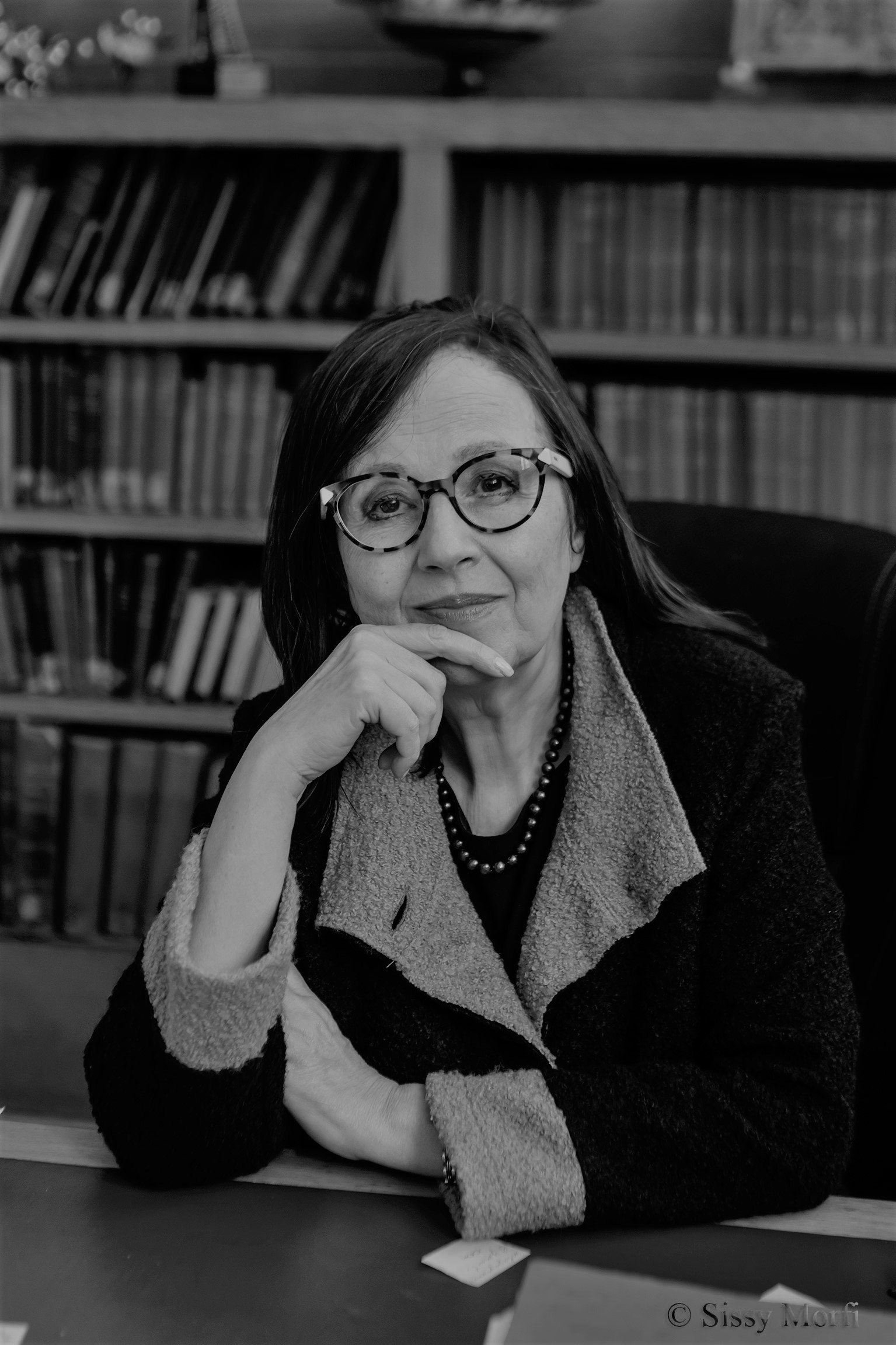
So if you sometimes feel helplessly stuck inside in your house
as the current crisis unfolds,
think of it as an act of braveness,
as taking part in muffled combat to defend not just yourself
and your family, but your community too.
